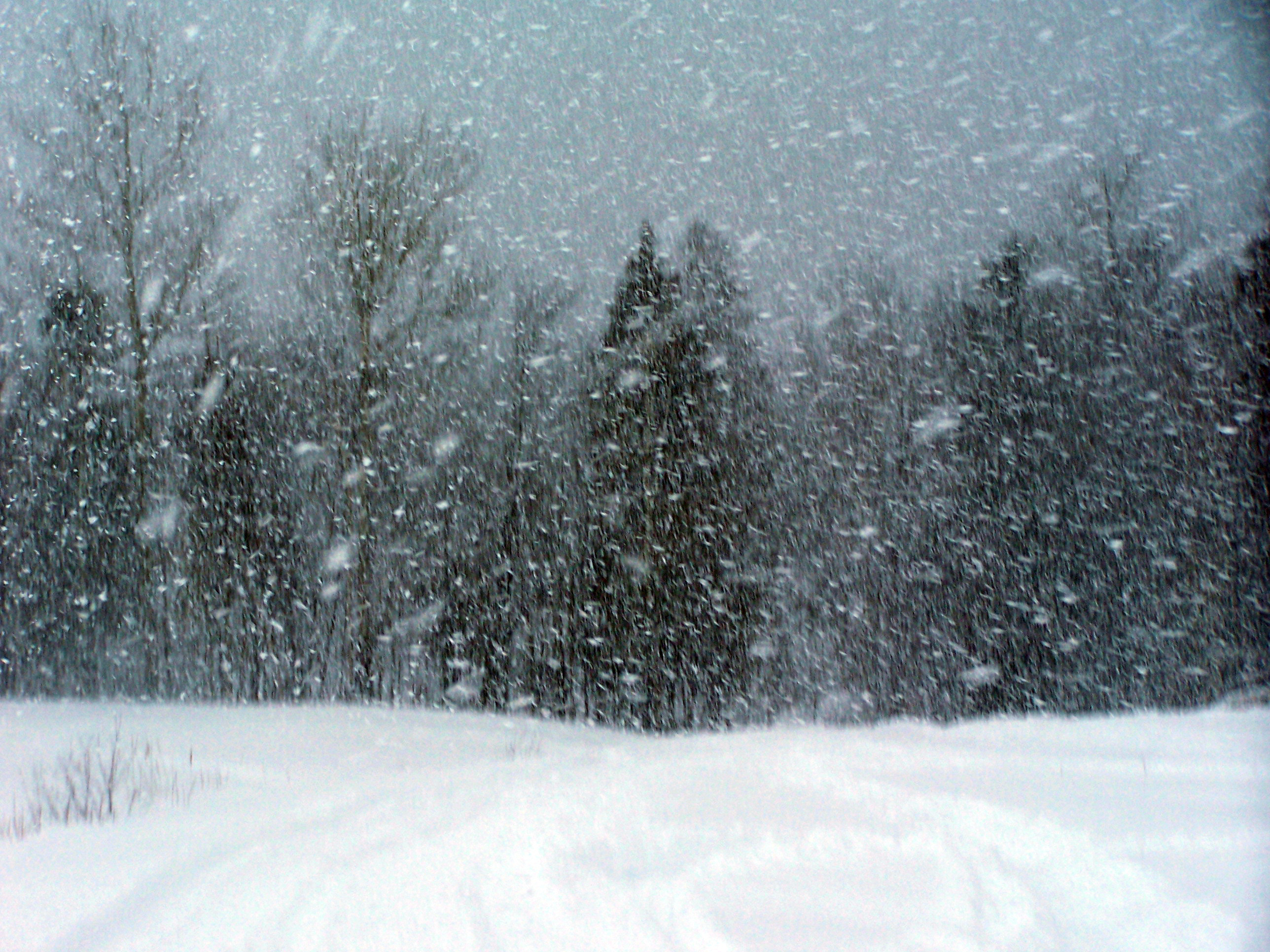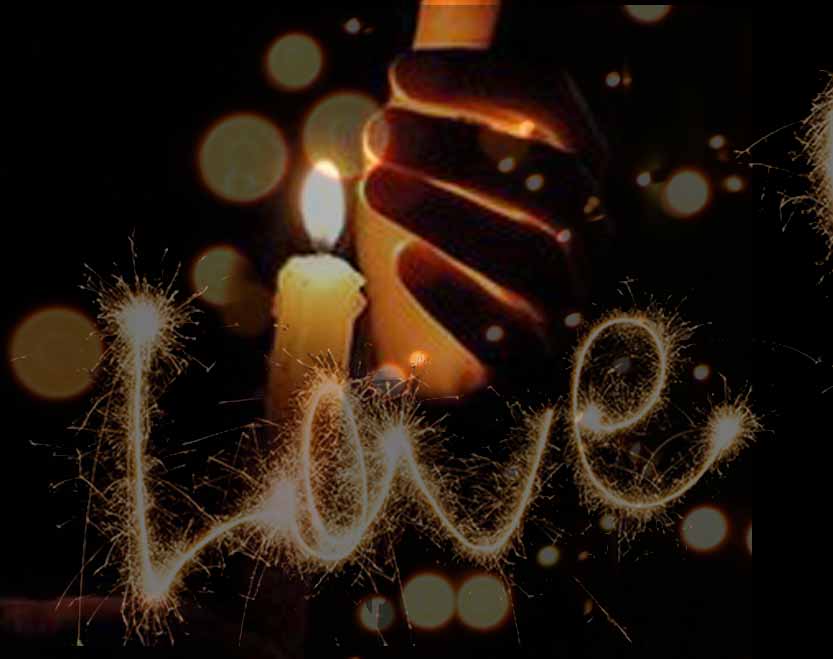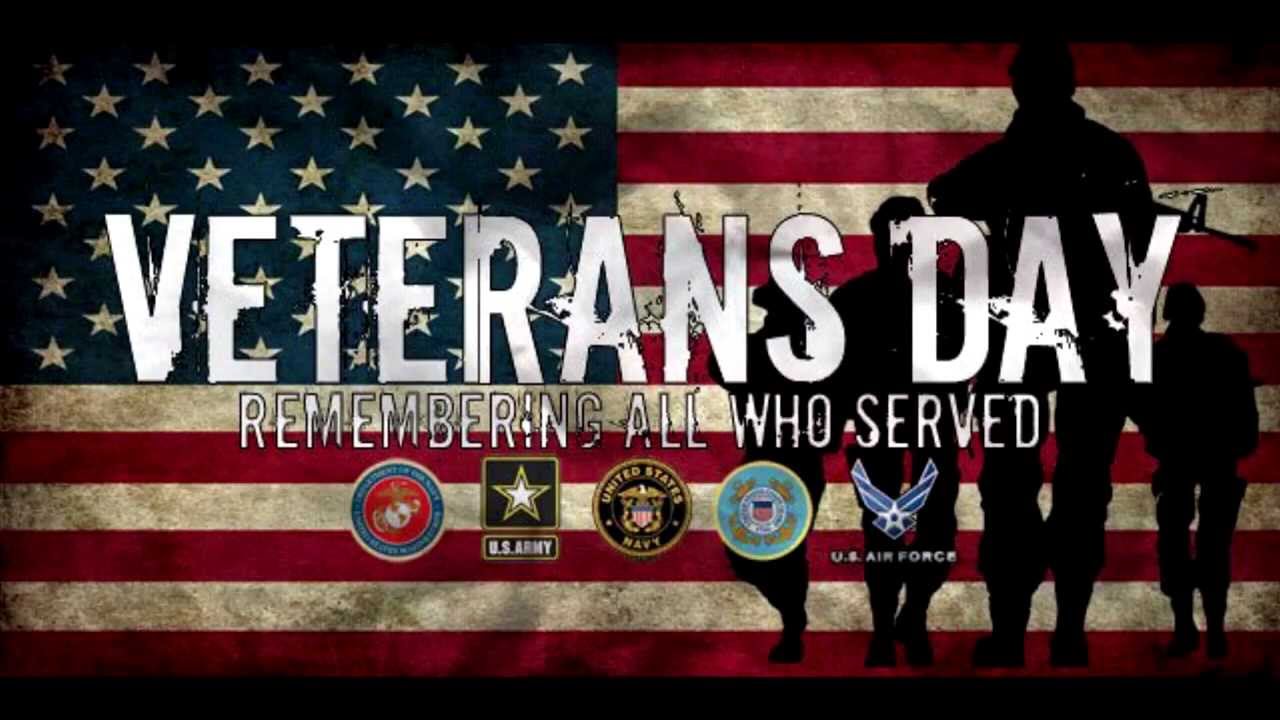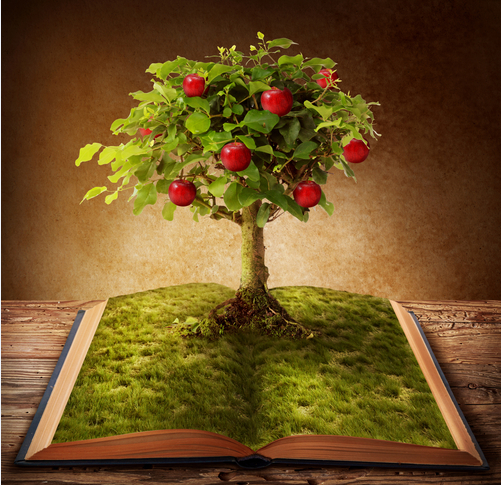THIS WEEK at Jackson Community Church and Around Town: WED, Jan 9 – SUN, Jan 13
MON, Jan 8 & TUE, Jan 9 PASTORAL CARERev Gail traveled Monday-Tuesday with a community member to provide support during a medical emergency. WED, Jan 9 ** Cancelled ** SNOW DAY: TUNE UP FITNESS with Laurie McAleer ** Cancelled ** cancelled due to weather. This class follows the school’s weather conditions: when school is cancelled […]





